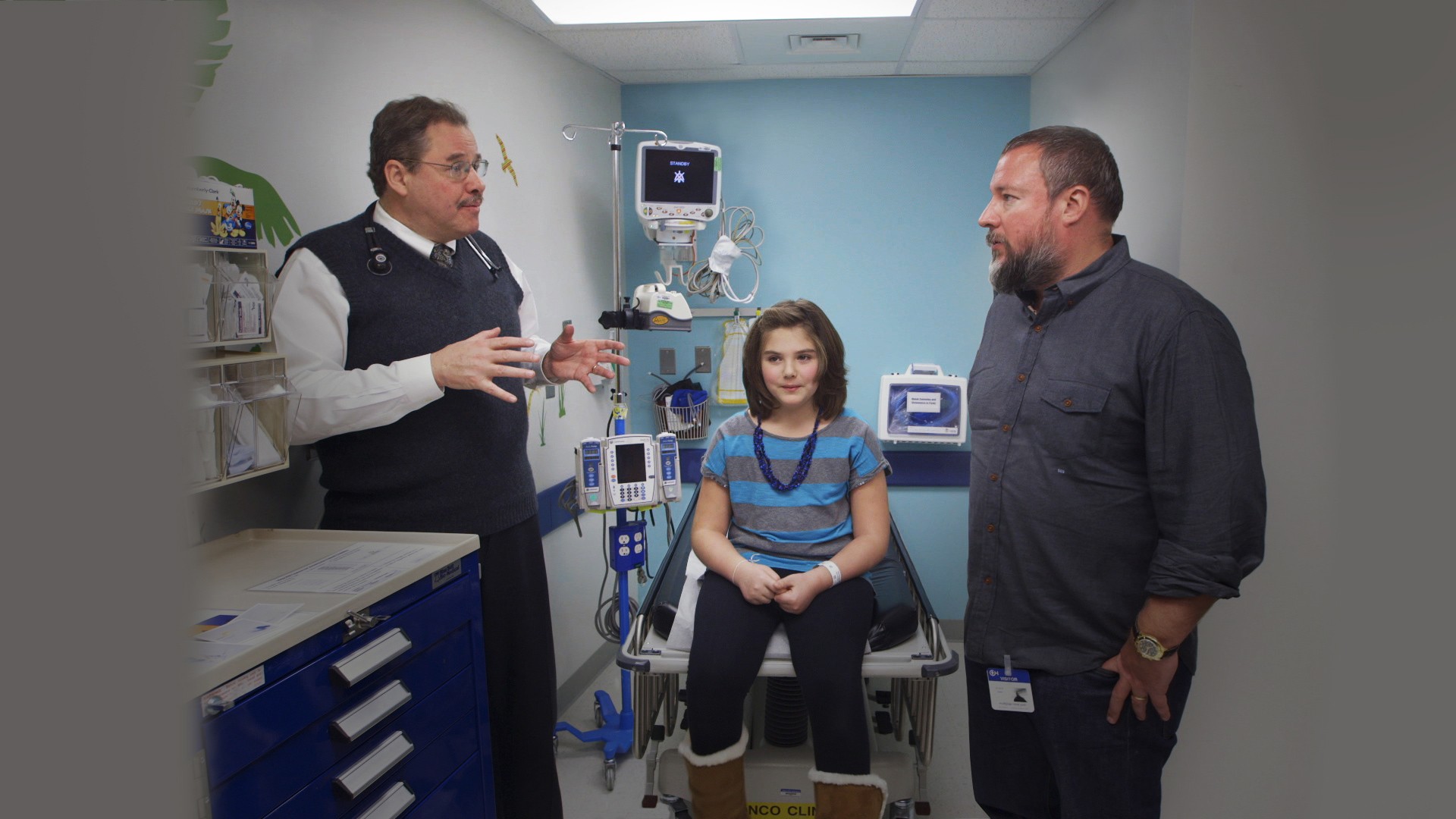Lindsay Jean Thompson
"When's your nipple reconstruction?" my breast surgeon asks at my post-mastectomy check-up.Um, never?She's surprised by this, like it’s a given rather than a personal choice. "Why not? They do such a good job now. You can't even tell they're not real. It's amazing," she says, handing me a brochure for 3D nipple tattoos.She's right—it's wild how realistic they look. I still don't want one."You'll never even notice your scar," she continues. "Unless you want to notice?"The judgment in her question lingers with me for weeks and the brochure, long crumpled, still sits at the bottom of my bag. But I haven't been able to throw it away. Do I want to notice? Is that a bad thing? Why? I don't know why this is where I'm drawing the line. I've been poked and prodded and scanned and strapped to a table and cut open and sewn back up over and over and over again. So why not go the distance, right?Because it doesn't bother me. Because I’m done. Because I want to make my own choices about my body. Why is she bothered? She's a cancer doctor. Who am I supposed to be making my body palatable for?Racked recently published an awesome takedown of the body positivity movement by Amanda Mull. I’ve always found it problematic without being able to pinpoint exactly why. Oh, great, another thing to feel bad about: the fact that I don't feel good all of the time. Much less about something as tender and as tough as my body. “Contemporary body positivity makes it incumbent on people with nonconforming bodies to change their own self-perception without requiring anyone with any power to question what created the phenomenon in the first place,” Mull writes.
Watch this from VICE:
How is a person with chronic illness supposed to love themselves all of the time when we're told all of the time how broken we are? Once, at the hospital for one of a million appointments, I was getting my blood pressure checked, my blood drawn, my body weighed. The nurse looked at the number on the scale and murmured approvingly, "You carry it well." It's hard not to laugh. I mean, who fat-shames a cancer patient?Lots of people. So many that I lose count, which is too bad because I'm currently writing a script for a TV show and those kinds of microaggressions are solid gold. This thing writes itself, so thanks, I guess? "Oh, you're so lucky—you’re going to lose so much weight during chemo," they say wistfully. And then of course there's the Health Police, asking a barrage of questions: “What do you eat? How much do you drink? Have you tried a juice cleanse?”How many ten dollar green juices does it take to cleanse ourselves? What an interesting word, “cleanse.” It implies spiritual superiority. As in: If I do enough of this, I will be clean/pure/good. Absolved. And if not, what then? Is it some kind of moral failing to be old or fat or sick or not rich enough to take our communion at the juice bar?But back to my nipple. Dozens of well-meaning people send me links to tattoo artists who specialize in making "breast cancer survivors feel whole again” (emphasis mine because what the fuck) as if the only way my scar-ridden body can be made beautiful again is to cover it up.My response is to smile, say thank you, and later write this long diatribe. I know many of them will read it and that it will make them feel bad. I too am human, imperfect, and not some benevolent cancer patient trope. And it’s not any individual comment, but the collective pressure of them, unknowingly trying to make me better without realizing that you can't fix people.Not too long ago someone made a snide comment about the photos I've posted of my post-mastectomy breast (just the fact that I posted a photo of my breast on the internet seemed to be an issue for them). If anything, her comment was validation that I need to take up space in that way—to say, "I am here, whether you like my noncompliant body or not." But how sad is it that? Clothed, I "pass” as “healthy.”Who doesn't have scars? Is there some big prize for making it through life without a scratch? What’s a "nice" body? A compliant body? Compliant: yielding to desire, ready to accommodate.Nonconforming bodies aren’t the problem, it’s the idea that any type of body could ever be a problem. Your ideas about a person reflect nothing about them and everything about how limited your worldview is. And seeing them as whole or beautiful in spite of or because of their noncompliance is just another way of objectifying them.Sign up for our newsletter to get the best of Tonic delivered to your inbox.
Advertisement
Watch this from VICE:

How is a person with chronic illness supposed to love themselves all of the time when we're told all of the time how broken we are? Once, at the hospital for one of a million appointments, I was getting my blood pressure checked, my blood drawn, my body weighed. The nurse looked at the number on the scale and murmured approvingly, "You carry it well." It's hard not to laugh. I mean, who fat-shames a cancer patient?
Advertisement
Advertisement